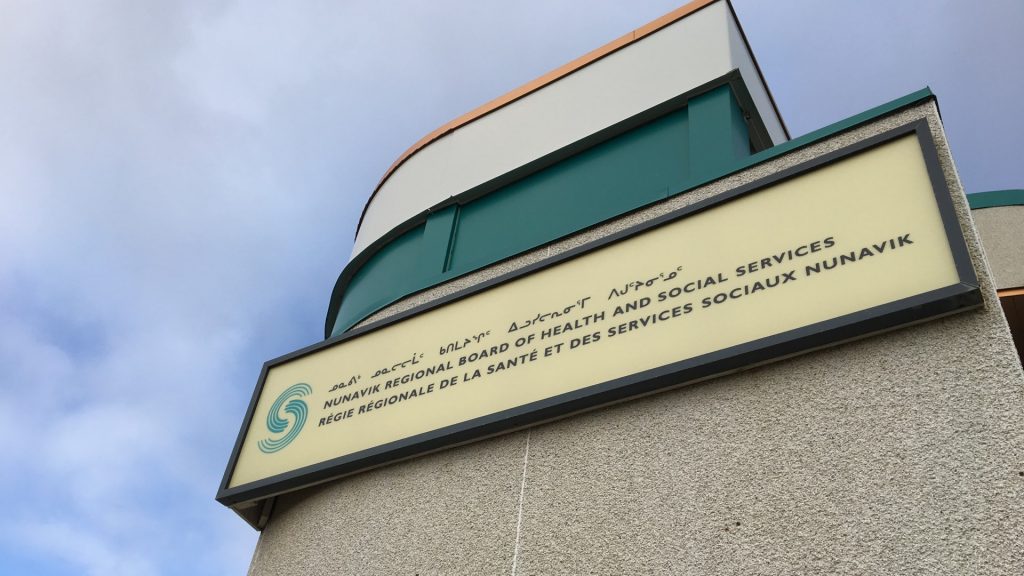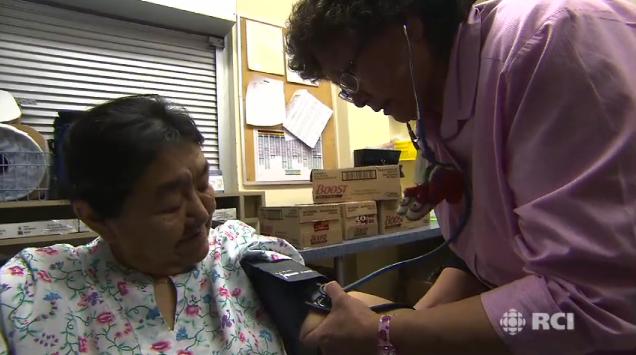Paramedics arrive in Nunavik to help with regional health worker shortage

The half dozen paramedics sent to Nunavik to help with the health worker shortage are now in place while the regional health service awaits further resources.
“The paramedics are already deployed and have started, the Nunavik Regional Board of Health and Social Services (NRBHSS) told Eye on the Arctic on Thursday.
“Rotations of paramedic teams are planned for the rest of the summer.”
The NRBHSS’s comments came the day after the Quebec government nixed a request from Nunavik authorities to send the Canadian armed forces to the region to help out until staffing numbers were up.
Like many other areas of the Arctic, Nunavik, the Inuit region of northern Quebec, is facing a manpower shortage throughout its health services. Positions to be filled include social workers, interpreters, pharmacists, human-resources personnel and management personnel.
On top of that, the pandemic has exhausted staff and many people are also off on summer vacation.
Nursing backbone of system
Nunavik has a population of approximately 13,000 people, with 14 communities in the region. All the communities are fly-in only.
Two of the communities, Kuujjuaq and Puvirnituq have small hospitals, but the rest of the communities are served by small nursing stations. Nurses are the backbone of the health care system in Nunavik which is why the NRBHSS is focusing on filling those positions.
“The medical health care in Nunavik relies on nurses for physical emergencies, this is why the emphasis is there at the moment,” the NRBHSS said in emailed comment.
“In some of the smaller villages that have only two to four nurses, the briefest absence can require a complete reorganization of activities in order for services to remain operational. Considering the sizes of the communities, a handful of health care workers can make a big difference in the level of services offered to the population.”

On Wednesday, Health Minister Christian Dubé said doctors from other provinces had reached out to help, but the NRBHSS said the details were still being worked out.
“Some doctors from other provinces have shown interest for short periods of time,” the NRBHSS said.
“Discussions are ongoing regarding requirements for them to be entitled to practice in Québec and the doctors’ willingness to meet those requirements.”
Services adapted to ressources
As provincial authorities look for solutions, the NRBHSS has undertaken a number of measures including intensifying recruitment efforts and reorganizing existing duties and doing their best to respond to community needs with what they have.
Among the measures put in place include: physicians taking on front-line on-duty services, all available nursing personnel are working, management personnel is doing shift work to help out, placement agencies being contacted, retired employees being contacted, and other health institutions of the province being solicited to allow their workforce to come work in the North.
“The teams are working ceaselessly to adapt the service supply with the available resources in order to maintain access to health care services this summer,” the NRBHSS said.
Write to Eilís Quinn at eilis.quinn(at)cbc.ca
Related stories from around the North:
Canada: Health worker shortage in Canada’s Northwest Territories comes despite 20% increase in pay, CBC News
Greenland: Greenland to reduce services amidst staffing shortages in health care system, Eye on the Arctic



